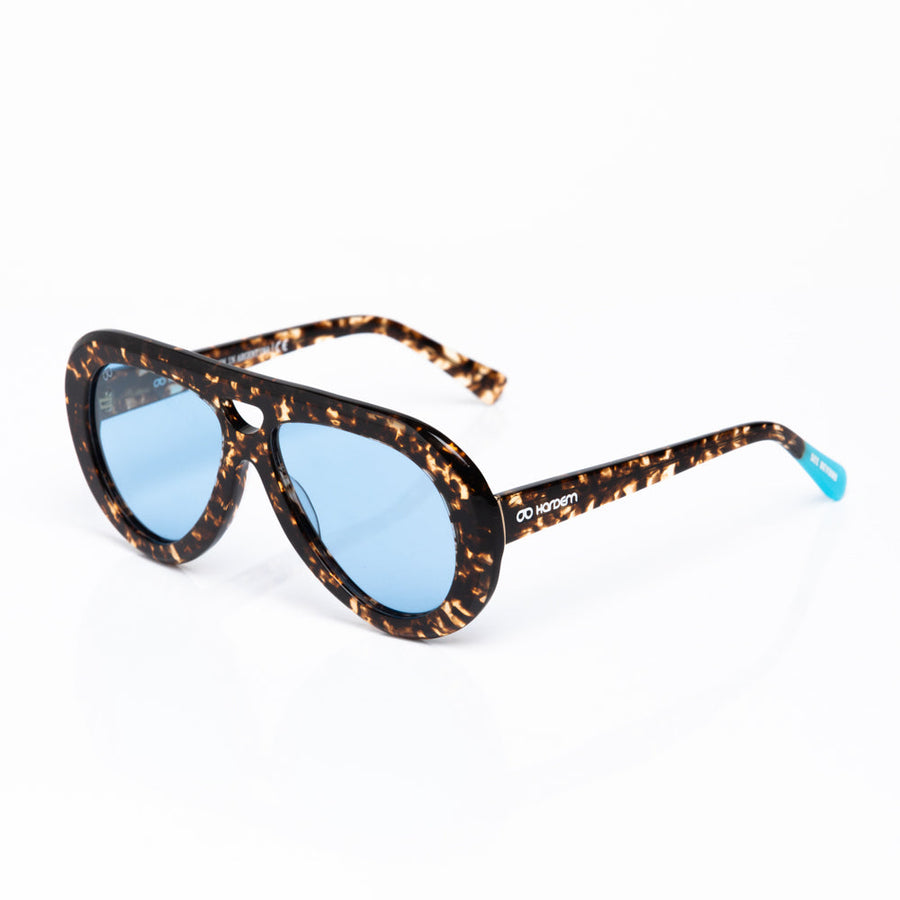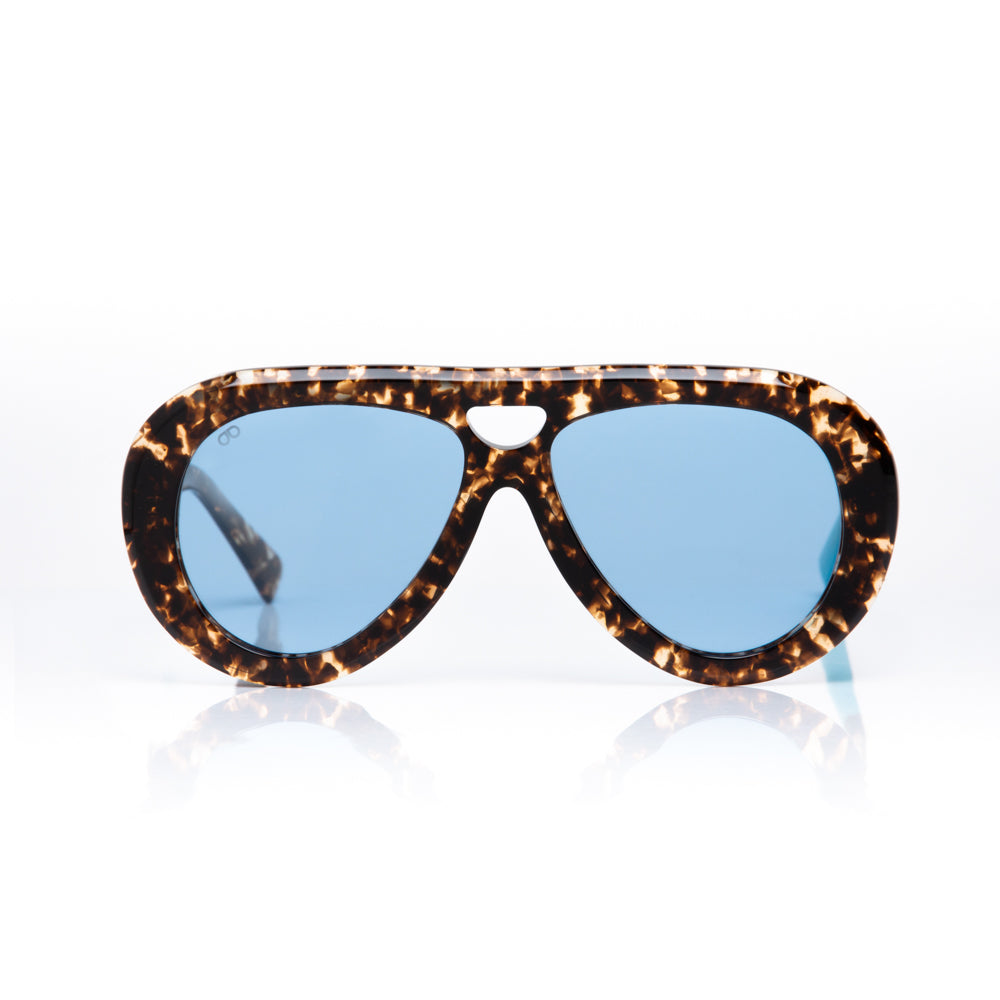The Impact of UV Light on Your Eyes
How Sunglasses Protect Your Eyes
UV radiation from the sun can damage your eyes, leading to a number of problems, including:
- Cataracts are a clouding of the lens of the eye that can make it difficult to see. They are the leading cause of vision loss in people over the age of 40.
- Macular degeneration is a condition that causes the macula, the central part of the retina, to deteriorate. This can lead to vision loss in the center of the field of vision.
- Photokeratitis is a painful condition that can occur when the eyes are exposed to too much UV radiation. It can cause symptoms such as pain, redness, and blurred vision.
- A Pterygium is a growth on the conjunctiva, the clear membrane that covers the white part of the eye and the inside of the eyelids. It can cause the eye to become red, irritated, and watery.
- The skin around the eyes is very delicate and can be easily damaged by UV radiation. This can lead to skin cancer, such as basal cell carcinoma and squamous cell carcinoma.
Here are some tips for choosing sunglasses:
- Look for sunglasses that block 99% to 100% of both UVA and UVB rays.
- Choose sunglasses that are the right size and fit for your face.
- Make sure the sunglasses are comfortable to wear.
- Choose sunglasses that are the right color for your needs.
It is important to wear sunglasses whenever you are outdoors, even on cloudy days. UV radiation can penetrate clouds, so it is important to protect your eyes at all times.
In addition to wearing sunglasses, there are other things you can do to protect your eyes from UV radiation, such as:
- Always look for professional advise.
- Avoid spending too much time in the sun, especially during the middle of the day.
- Wear a wide-brimmed hat to shade your eyes and face.
- Seek shade when possible.
By taking these steps, and consulting with your eyecare professional, you can help to protect your eyes from the harmful effects of UV radiation.
I hope this blog has been helpful.
Please note that this blog is for informational purposes only and should not be considered medical advice.
Please consult with a qualified optician or other healthcare professional if you have any questions about your vision or eyewear.
Disclaimer
Please note that this blog is for informational purposes only and should not be considered medical advice.
Please consult with a qualified optician or other healthcare professional if you have any questions about your vision or eyewear.







Leave a comment